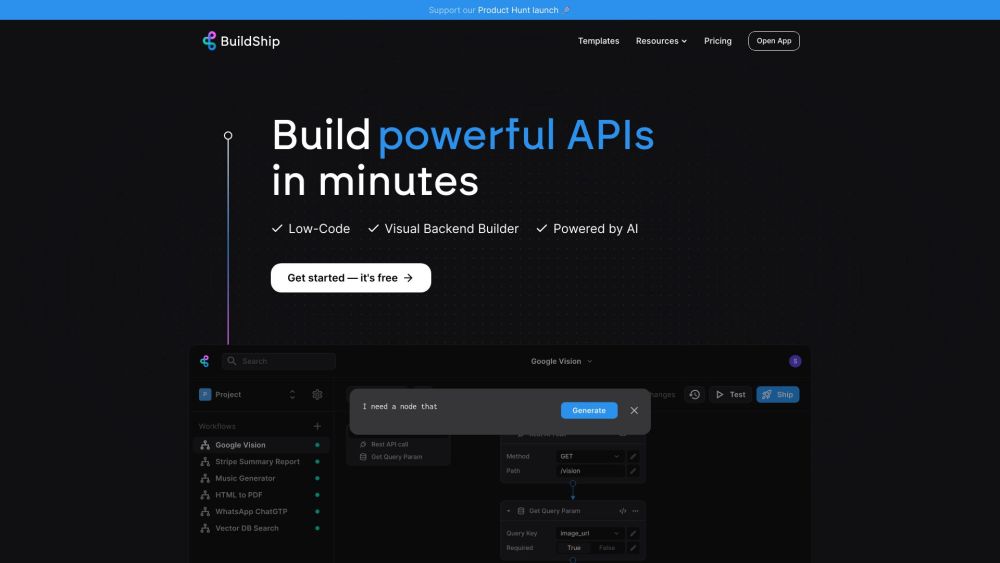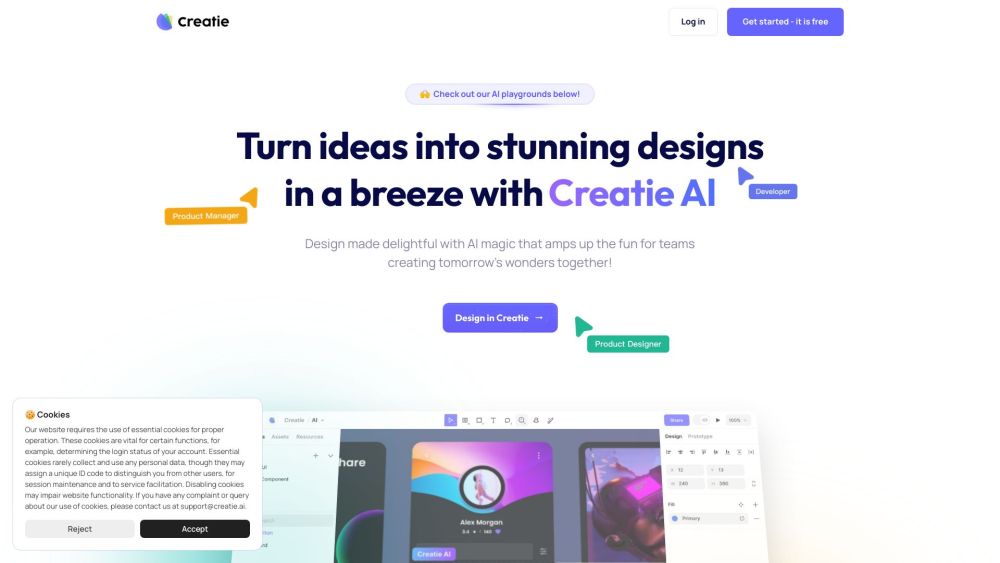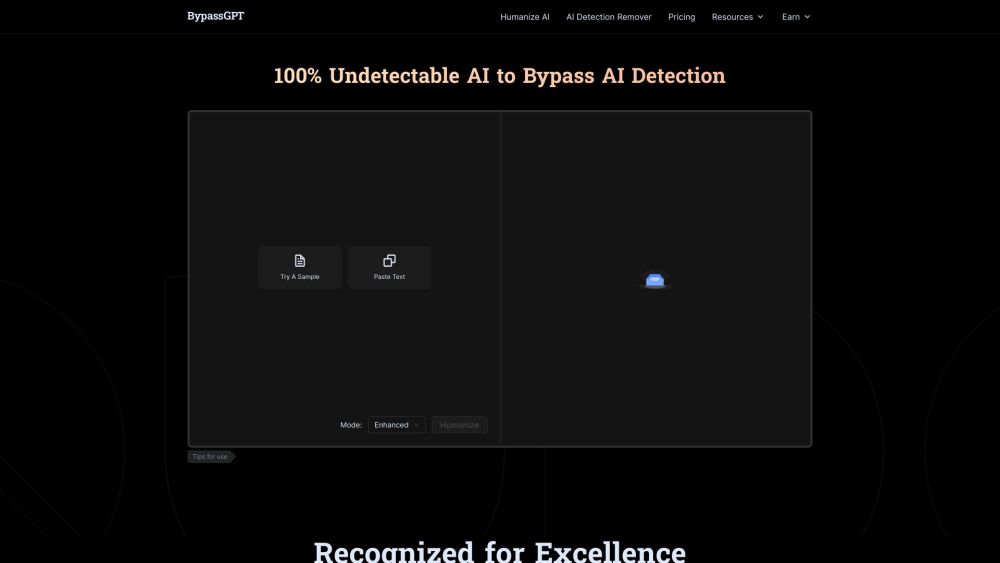XAI community platform Hugging Face has released a comprehensive series of tutorials geared towards assisting developers in constructing and training their own AI-powered robots. The recent guides, featured on X, are tailored to help users, regardless of their level of expertise, in equipping affordable robotics hardware with new capabilities using just a laptop. The tutorials encompass the entire process from sourcing components to deploying AI models.
According to Remi Cadene, principal research scientist at Hugging Face, users can discover how to train a neural network to predict the necessary motor rotations directly from camera images. By implementing this technique, individuals can program the neural network via a laptop to control a robot, enabling it to identify, grasp, and relocate a Lego brick.
Cadene highlighted that the tutorial represents a breakthrough in end-to-end learning akin to LLMs for text but tailored for robotics. This release complements the existing LeRobot platform, which was introduced in May to furnish models, datasets, and tools for practical robotics applications in PyTorch, a popular machine-learning library.
The objective underlying the creation of Le Robot is to eliminate barriers to entry in the robotics field, allowing for broader participation and mutual benefit through the sharing of datasets and pre-trained models. The latest tutorial is intentionally designed to be beginner-friendly, providing detailed instructions on 3D printing and assembling budget-friendly robot parts like the Koch v1.1, a design derived from a previous robot variant.
The realm of robotics has historically been dominated by well-funded corporations and research institutions, yet these tutorials have the potential to empower smaller entities to engage in the field. Emphasizing data sharing and community cooperation, Hugging Face offers tools for visualizing and sharing datasets. Cadene emphasized that fostering a collective effort in sharing datasets could significantly accelerate progress in AI-driven robotics, enabling individuals to train AI models with unparalleled ability to perceive and interact with the environment.




